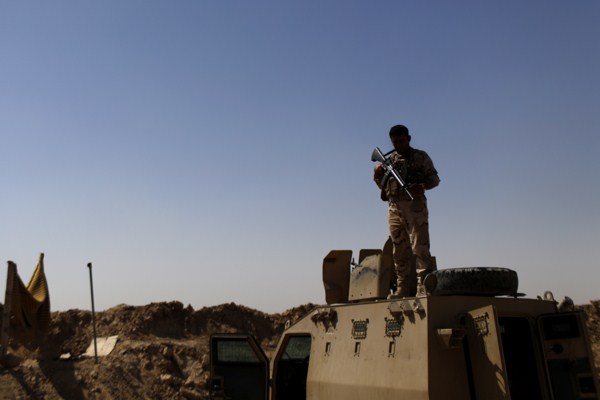IRBIL, Iraq—As the United States is moving to broaden its war against militants of the so-called Islamic State, also known as the Islamic State of Iraq and Syria (ISIS), perhaps its most important ally is the Kurdistan Regional Government (KRG) of northern Iraq. The reasons are clear: In a region where states have either imploded or where stability flows largely from dynastic rule, the KRG is stable, its politics are in the main moderate and pro-Western and it holds regular elections.
Yet the KRG has its own strategic agenda, some of which is potentially problematic. And under its democratic facade, there run some troubling political currents.
First, the Kurds have not given up their dream of independence from Iraq. While the KRG parliament recently decided to postpone the referendum on independence, it has done so largely under U.S. pressure.

